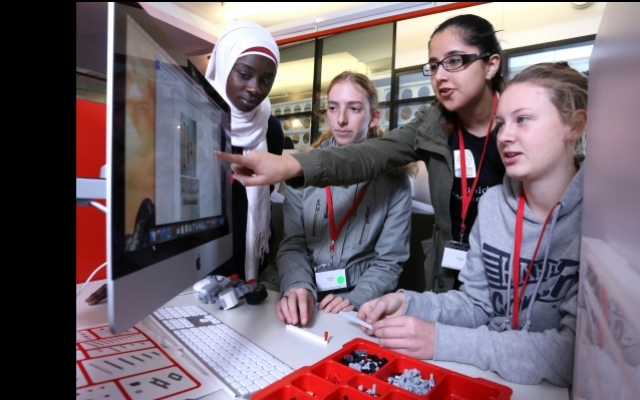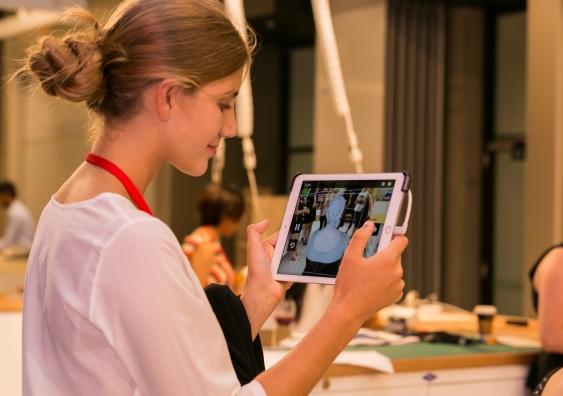Smashing engineering’s gender imbalance – one camp at a time
As part of its aim for 30% female enrolments in engineering by 2020, UNSW is bringing Year 11 and 12 girls to campus for a week of hands-on activities that offer a taste of the booming profession.



